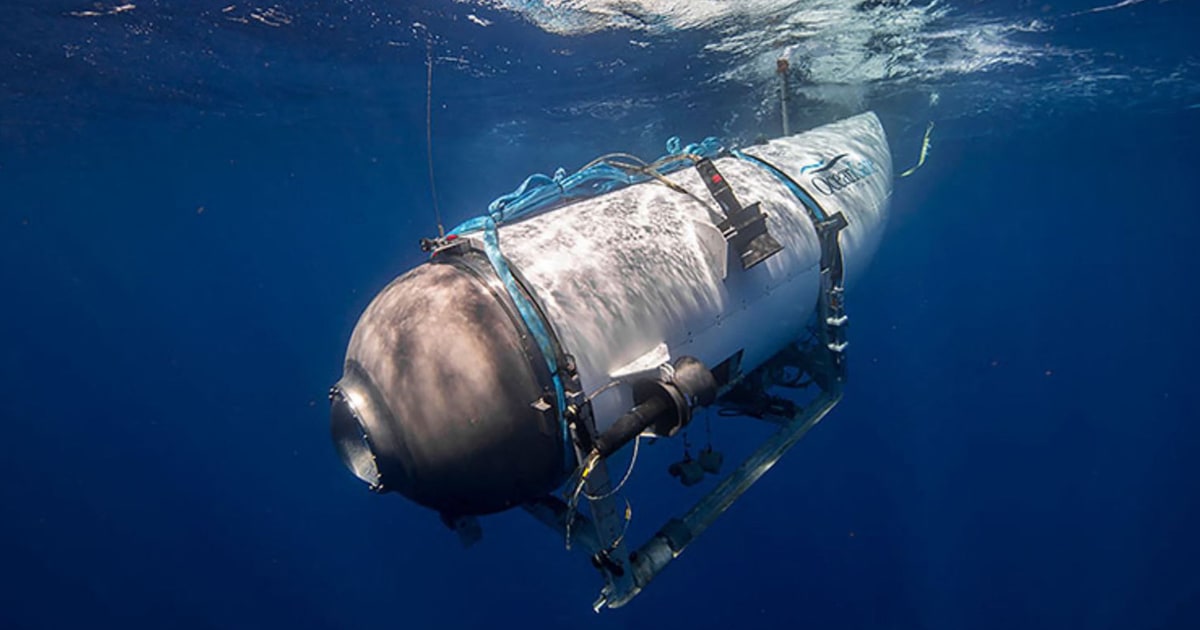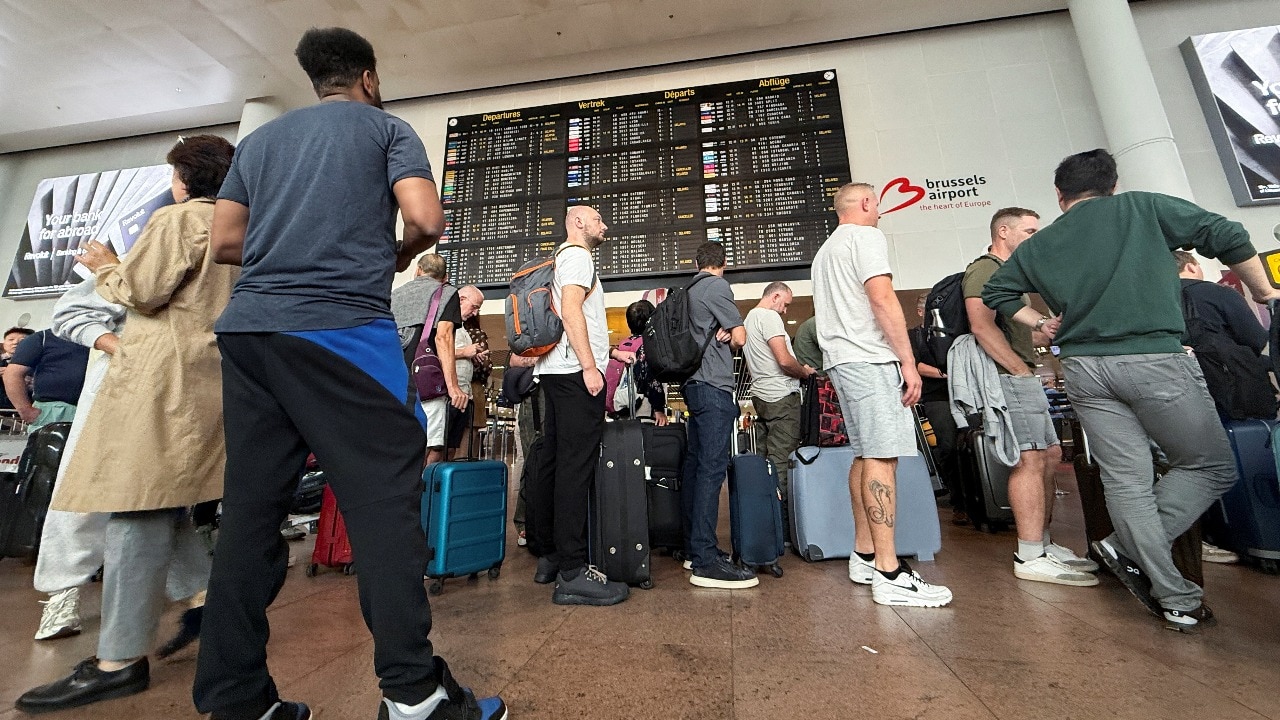Shocking Findings: How a Toxic Work Culture Led to the Titanic Submersible Disaster!

Imagine a world where a dream expedition to the Titanic turns tragic due to a toxic workplace culture. That’s exactly what happened with OceanGate’s ill-fated submersible Titan, leading to the heartbreaking loss of five lives two years ago off the coast of Newfoundland. Investigators have now revealed that the implosion that killed those aboard was not just a freak accident but rather a culmination of multiple factors, including a troubling environment marked by intimidation and negligence.
The U.S. Coast Guard Marine Board of Investigation unveiled a staggering 327-page report detailing how this marine tragedy was entirely preventable. Chairman Jason Neubauer stated emphatically, “This marine casualty and the loss of five lives was preventable.” It all unfolded on June 18, 2023, during a daring dive to the Titanic wreck when the Titan abruptly lost communication with OceanGate handlers. What followed was a frantic search that ultimately led to the grim discovery that the submersible had imploded, killing all five aboard, including a 19-year-old.
According to the report, the Titan suffered a “critical event that compromised the structural integrity of its pressure vessel, resulting in an instantaneous and catastrophic implosion” at 10:47 a.m. This tragedy was not simply a matter of bad luck; the investigation revealed that OceanGate’s reckless operations and failure to address safety concerns played a major role. Investigators described how the company continued using the Titan despite previous incidents that had already raised red flags about the vessel's integrity.
Shockingly, OceanGate management allegedly fostered a culture of fear, where employees felt pressured to remain silent about safety issues. A former engineering director, Tony Nissen, testified that he was dismissed for refusing to approve a dive after the submersible was struck by lightning, which compromised its hull. Nissen also pointed out that there was no designated safety officer and that many employees felt compelled to yield to CEO Stockton Rush’s authoritative style.
The report painted a troubling picture of a company that leveraged intimidation tactics to avoid regulatory scrutiny, with Rush making critical decisions without adequate oversight. Investigators highlighted that the lack of experienced personnel allowed Rush to circumvent essential safety protocols, leading to disastrous consequences. OceanGate made the critical mistake of bypassing rigorous testing, failing to ensure that the materials used for the Titan were suited to withstand the extreme pressures of deep-sea environments.
Just days before the implosion, the Titan's crew reported that Rush appeared increasingly anxious, reportedly saying, “I’m going to get a dive in, even if it kills me.” Tragically, this reckless determination would lead to the death of Rush, renowned French diver Paul-Henri Nargeolet, British billionaire Hamish Harding, Pakistani businessman Shahzada Dawood, and his 19-year-old son, Suleman.
When the Titan failed to surface as scheduled, OceanGate’s protocols delayed contacting emergency services, restricting them to a three-hour search at the surface. It wasn’t until later that evening that the Canadian Coast Guard was alerted, prompting an extensive search and rescue operation. Unfortunately, the tragic outcome was confirmed on June 22, when debris from the Titan was discovered on the ocean floor.
In the wake of this devastating incident, OceanGate has ceased operations entirely. A spokesperson expressed heartfelt condolences to the families affected by this tragedy. However, the report emphasized that the most significant issue may not have been the company’s missteps alone but the absence of clear regulatory frameworks for submersible operations. As the investigation concluded, it became clear that without established standards, reckless leadership could easily jeopardize safety.
Ultimately, the report revealed a stark reality: the dangers in ocean exploration extend beyond the depths of the sea to the very culture of the companies operating in that realm. This tragedy served as a sobering reminder that, in the quest for adventure, safety must always come first.



























